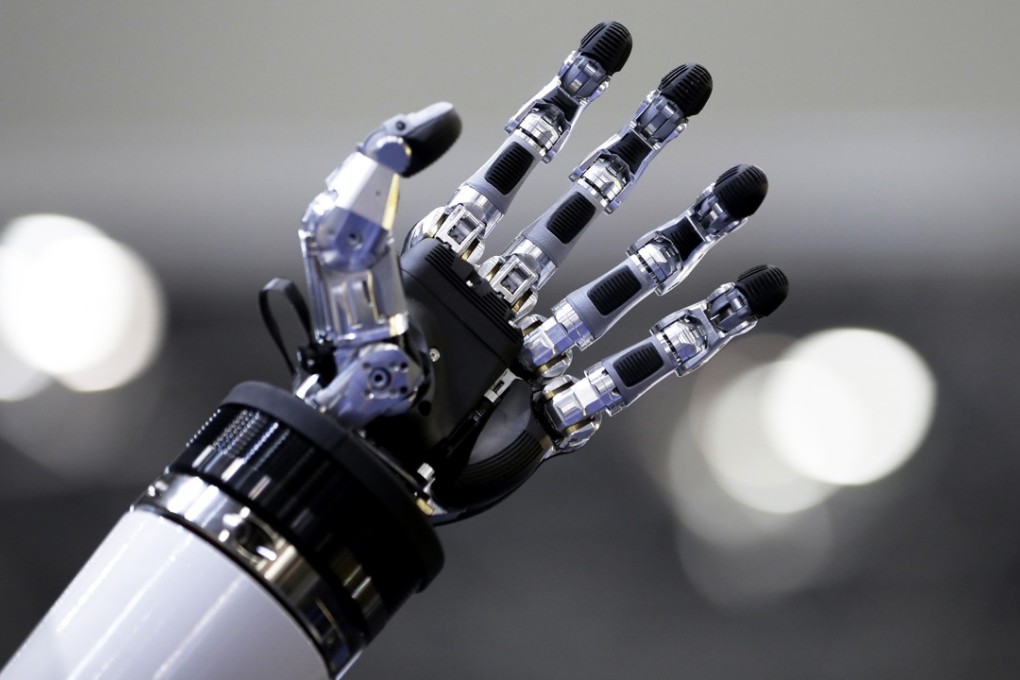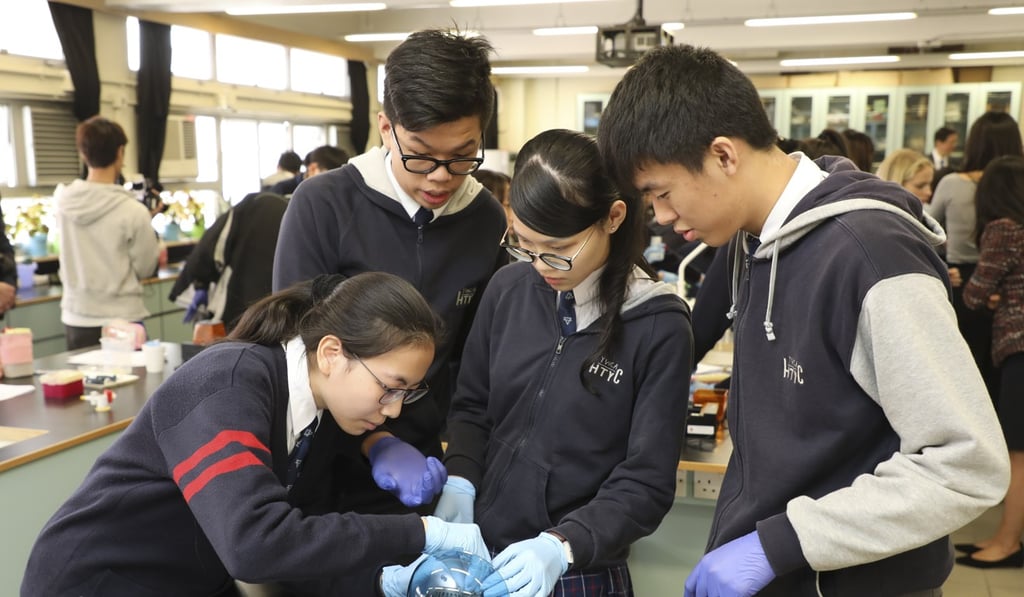STEM education key to Hong Kong’s ‘smart city’ plan, but long-term steps must be taken now, experts warn
The government has just revealed its Smart Hong Kong initiative, but little has been done to foster science, technology, engineering and maths education and produce the skilled workforce needed to avoid being left behind

The government released its official blueprint on Friday for a “smart Hong Kong” – a plan for an efficient and sustainable city embracing digital data, innovation and technology. But there are warning signs Hong Kong has some catching up to do if the blueprint is to be realised.
According to one smart city global index by Sweden-based EasyPark Group, Hong Kong currently ranks 68th in the world when analysing the city’s smart credentials including transport, sustainability, and living standards. The index, published in May this year, analysed the credentials of 500 cities worldwide and placed Hong Kong immediately behind Tampere in Finland, Ljubljana in Slovenia, and Leeds in northern England.
Majority of Hong Kong teachers not confident teaching STEM subjects, industry study reveals
Successful smart cities require a tech-savvy workforce highly skilled in science and technology. They are what a government study on the Smart City Blueprint for Hong Kong calls “smart people”. The report outlines specific policy objectives, including the facilitation of “lifelong learning for individuals in the public and private sector, youth to elderly, about science, technology, engineering and mathematics (STEM)”.
So as the aspiration of being a smart city is embraced by government, STEM has suddenly become a hot topic.

“STEM is important as the driving force for our economy and for our society’s needs to be addressed,” says Professor Lam Hon-ming, a molecular biotechnologist at the Chinese University of Hong Kong.